‘Click’ chemistry used to tag proteins made by cancer cells
Drug Discovery World
OCTOBER 26, 2022
A new method to study the proteins released by cells, which could lead to new biomarkers for diseases including cancer, has been developed by scientists at the Francis Crick Institute and Imperial College London. . The new method involves adding chemical tags to sugar molecules which are added to cells. Click’ chemistry .


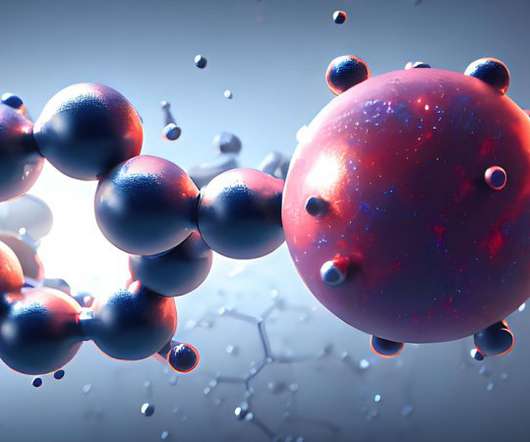
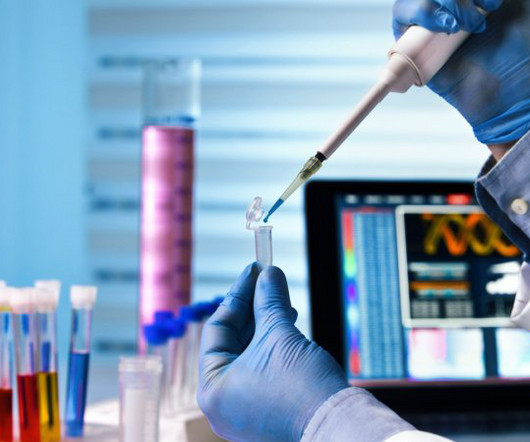

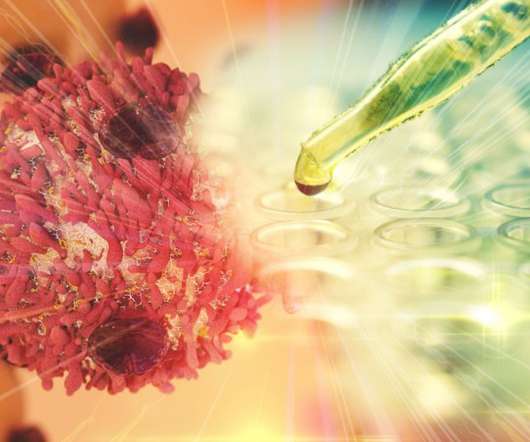



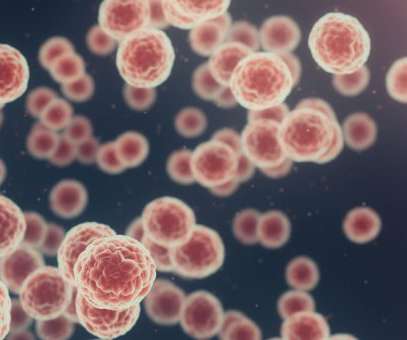
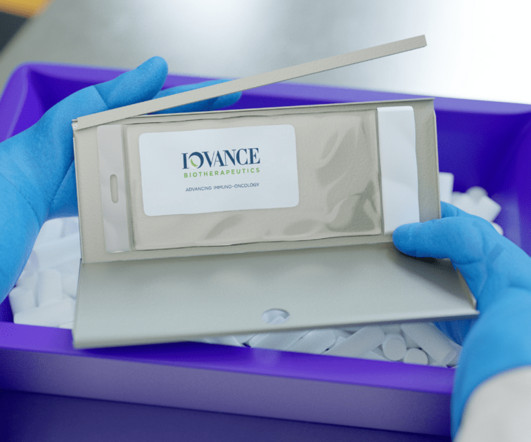



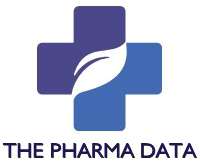


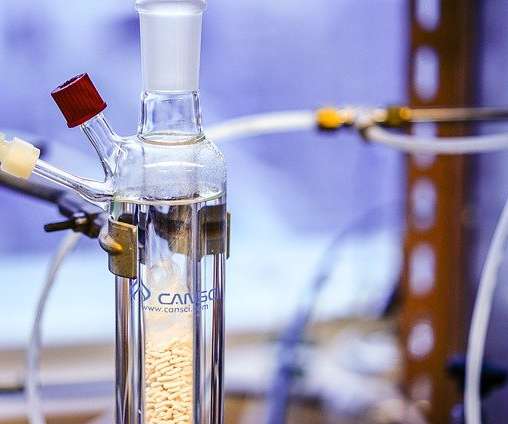








Let's personalize your content